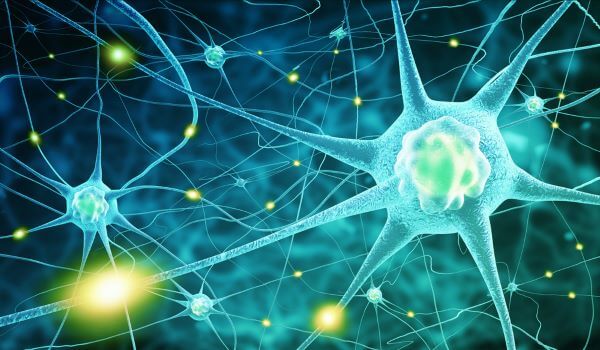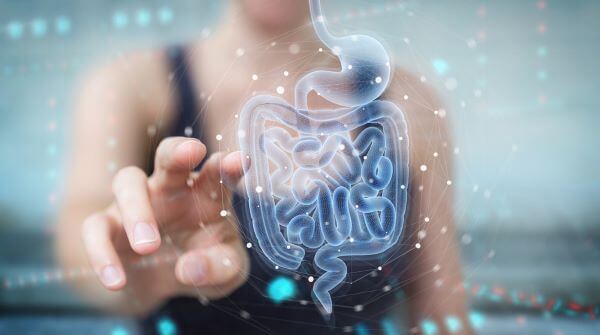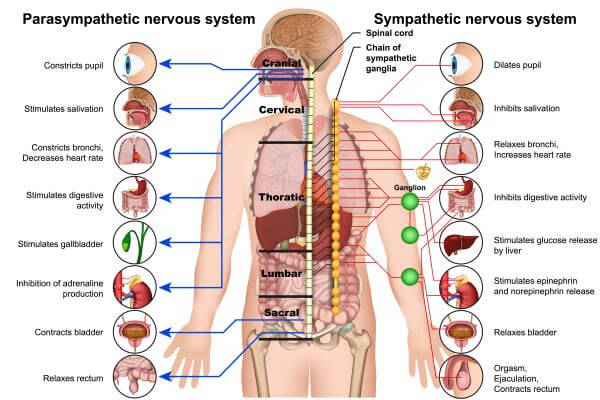The human nervous system is a sprawling network of nerves and cells which, together, regulate all of the vital functions that take place in our bodies. The sympathetic nervous system (SNS) and the parasympathetic nervous system (PSNS) are both components of the autonomic nervous system (ANS). Together, they regulate the involuntary and reflexive functions of the human body.
The PSNS controls the ‘rest and digest’ functions of the body and maintains the body’s internal environment. It is responsible for regulating digestive and sexual function while keeping heart rate and blood pressure steady. The SNS is the driving force behind the ‘fight or flight’ response and triggers a number of physiological changes that prepare the body to confront or flee a perceived threat.

Sympathetic Nervous System |
Parasympathetic Nervous System |
|
| Originates in | Originates in the thoracic and lumbar regions of the spinal cord | Originates in the sacral region of the spinal cord and the medulla |
| Key function | Controls body’s response to perceived threats | Regulates the body’s functions at rest |
| State activated | Fight or flight | Rest and digest |
| Release of adrenaline | Yes | No |
| Effect on heart rate | Increases heart rate | Decreases heart rate |
| Effect on lungs | Bronchial tubes dilate | Bronchial tubes contract |
| Effect on muscles | Muscles contract | Muscles relax |
| Effect on pupils | Pupils dilate | Pupils constrict |
| Effect on digestive system | Digestive function decreases | Digestive function increases |
| Effect on saliva production | Saliva production decreases | Saliva production increases |
| Effect on mucus production | Mucus production decreases | Mucus production increases |
| Effect on urine secretion | Urine secretion decreases | Urine secretion increases |
| Effect on glycogen to glucose conversion | Increased conversion of glycogen to glucose | No |
What Does the Parasympathetic Nervous System Do?
The PSNS regulates the functions of your organs and glands at rest, otherwise known as the ‘rest and digest’ or ‘feed and breed’ activities. Put simply, the PSNS keeps your bodily functions working as they should. It keeps your heart rate and blood pressure steady while stimulating activities related to digestive and sexual function. These include the production of saliva, tears, and urine, digestion, defecation, and sexual arousal.

Key Effects of the Parasympathetic Nervous System
- Saliva production increases
- Mucus production increases
- Motility of the large and small intestines increases
- Activity in the stomach increases
- Urine secretion increases
- Bronchial muscles are contraction
- Pupils are constricted
- Heart rate is decreased
What Does the Sympathetic Nervous System Do?
The SNS is, arguably, even more important than the PSNS because it controls our ‘fight or flight’ response. If we find ourselves in a dangerous situation, it is the SNS that prepares us to save ourselves by either fighting the threat or running away from it. When confronted with a potential threat, the SNS directs energy away from non-essential functions (like the digestive system) and towards functions that are essential to survival.

First, the hormone adrenaline is released from the adrenal gland. As adrenaline flows through your bloodstream, it causes several physiological changes in the body that prepare it to fight or flee.
Heart rate and blood pressure are both increased. This boosts the flow of oxygenated blood to the muscles, which contract, ready for action. At the same time, the bronchial tubes dilate, increasing airflow in and out of the lungs and sending extra oxygen to the brain to improve alertness. The pupils also dilate, which allows more light to enter your eyes so you can see your surroundings more clearly.
All of these responses happen quickly and involuntarily, allowing you to react rapidly to the perceived threat. For example, if you see a car speeding towards you, you may leap out of the way before you have even fully registered what is happening, all thanks to the actions of the SNS.

Key Effects of the Sympathetic Nervous System
- Adrenaline is released
- Heart rate increases
- Blood pressure increases
- Bronchial tubes dilate
- Glycogen is converted to glucose at an increased rate
- Pupils dilate
- Muscles contract
- Saliva production decreases
- Mucus production decreases
- Urine Secretion decreases
- Activity in the stomach decreases
- Motility of the large and small intestine decreases
What is the Autonomic Nervous System?
The SNS and PSNS are the two main parts of the autonomic nervous system (ANS), which controls the functions of our internal organs. All of the functions of the ANS are involuntary and reflexive, so we don’t always notice its effects on our bodies.
When the PSNS branch of the ANS is activated, the body is focused on ‘rest and digest’ or ‘feed and breed’ activities. The SNS stimulates the ‘fight or flight’ response and directs energy away from ‘rest and digest’ functions and towards those essential for survival. Together, both branches of the ANS regulate the vital activities of the internal organs when at rest and when under threat.
